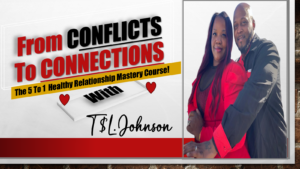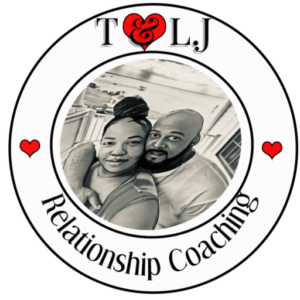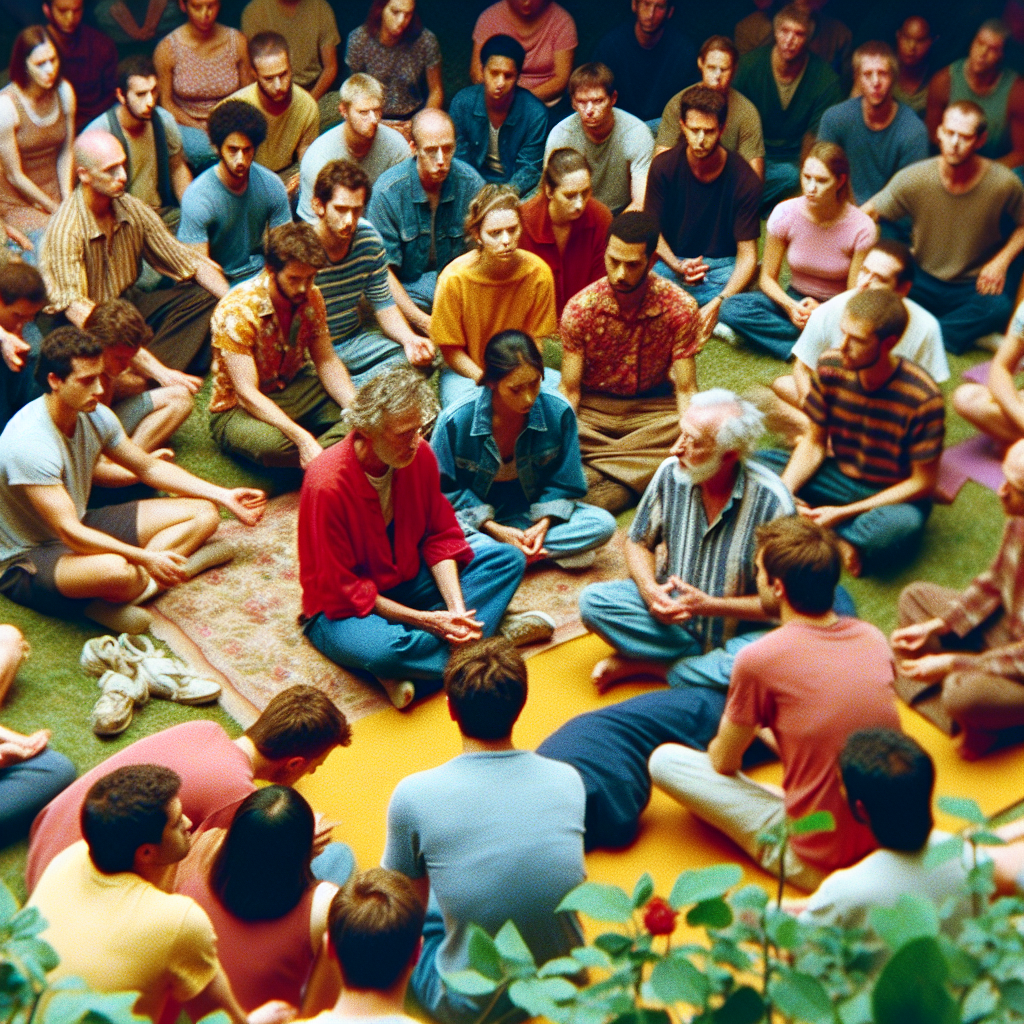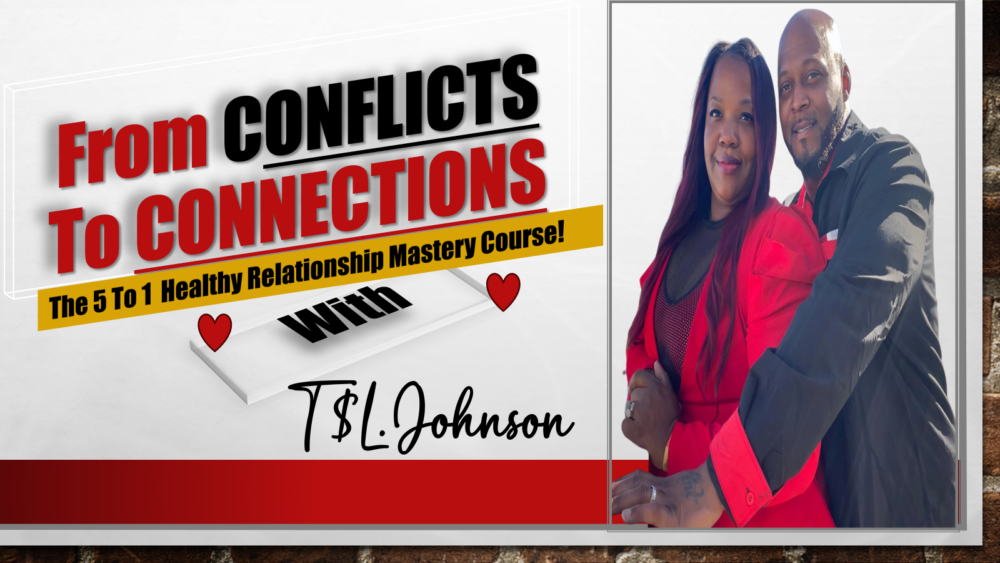I Wish I Could Just Say What I Feel
Finding the Right Words
Okay, so let me be real with you. Expressing how I truly feel has always been a bit of a tightrope walk for me. It’s like standing on one side of a canyon, wanting to shout but feeling like I might just echo back my insecurities. I’ve learned that sometimes, the words just don’t come out right. You know? It’s easy to go through life giving surface-level responses, but when you dig deeper, it’s essential to know that it’s okay to feel vulnerable.
In my experience, finding the right words is less about crafting the perfect sentence and more about being honest. It took me ages to realize that my feelings are valid, no matter how jumbled they sound. Once I started embracing that vulnerability, I found that expressing myself became a little easier, and relationships blossomed. Seriously.
Use tools at your disposal; journaling, talking with close friends, or even role-playing can help. Every bit of practice allows you to feel more confident. Trust me, once you start saying what you feel, it becomes a habit—one that enriches your connections with others.
Understanding My Emotions
Understanding my emotions has been another piece of this puzzle. Sometimes it feels like an avalanche of feelings, tumbling down all at once. I’ve had to take a step back, analyze what I’m truly feeling. Sometimes it helps to list out my emotions and examine them one by one, which gives me a bit of clarity. When I peel back the layers, I can differentiate between anger, sadness, and fear. Here’s a secret: these aren’t just feelings; they’re messengers. They tell us something important about ourselves.
It’s helped immensely to give myself ‘permission’ to feel. Whether it’s joy or heartbreak, putting a name to what I’m experiencing allows me to communicate it more readily. It’s like I’m giving myself a cheat code to express what’s going on inside.
There’s no right or wrong way to feel, and I remind myself that emotions are complex. If I’m confused, that’s okay. It’s all part of being human—how could I ever expect to communicate effectively without first understanding what my heart is trying to say?
The Power of Vulnerability
Vulnerability, ah, what a loaded word, huh? It’s scary to open up, but from my experience, it’s also incredibly liberating. Each time I muster the courage to be transparent about my emotions, I find a newfound strength. I’ve seen how it not only empowers me but also invites others in. It’s like creating a warm space for honest dialogue. When I let down my guard, people often respond in kind. It’s magical.
The act of being vulnerable allows me to connect on a deeper level. I remember once I was having a rough day, nothing felt right. I broke down and shared my worries with a close friend. That moment of candidness turned into a heart-to-heart that not only made me feel supported but also deepened our friendship beyond what I thought was possible.
So, I encourage you, embrace your own vulnerability. It might be scary, but it’s also where the magic happens in connecting with others. It’s a beautiful reminder that we’re all human—struggling, healing, and growing together.
I Wish I Knew How to Connect Better
The Importance of Listening
Listening is a crucial part of connecting with others. Early on in my life, I figured I needed to do all the talking to express my thoughts. I was completely missing the mouthful of wisdom waiting to be grasped if I just truly listened. Now, I understand that listening creates a safe space for others to share their truths.
Active listening means being present, setting aside distractions, and really tuning in to what someone else is saying. This can sometimes mean reflecting back what I heard or asking clarifying questions. Let me tell you, this simple act can transform conversations from surface-level chit-chat into meaningful discussions filled with depth.
By genuinely listening, I’ve built stronger relationships and open lines of communication. People feel valued and understood, and that’s a fantastic way to create lasting connections.
Building Trust
Trust is another significant pillar in forming deeper connections. By being consistent and reliable in my interactions, I’ve learned to foster an environment where others can feel safe. It’s not about perfection; it’s about being honest. When I mess up, I own it, and the apology is a stepping stone to rebuilding that trust.
Furthermore, sharing personal stories has allowed me to be more relatable. It’s as if I’m offering a piece of myself to the other person, and that creates an unspoken bond. My journey of ups and downs is something anyone can relate to in some way. It opens up the conversation, creating pathways to share experiences and lessons learned.
A healthy relationship thrives on mutual trust, and I recognize now how pivotal it is for connection. When people know they can rely on me, it fosters a sense of belonging and shared understanding between us. That’s golden.
Being Open to Differences
Let’s be real: we’re all unique individuals with different backgrounds, thoughts, and feelings. I’ve come to appreciate that embracing those differences can help to connect on a deeper level. Instead of shying away from discussions that challenge my views, I lean in and stay curious.
This openness breeds dialogue and learning. I’ve had plenty of experiences where discussions have led me down new trails of thought that I never would have considered. It creates an enriching environment where everyone feels their perspective is valued.
So, I try to remember that differences don’t have to divide but rather enhance the fabric of our interactions. When I approach conversations with an open heart and mind, the connections I build become richer, layered, and oh-so rewarding.
I Wish I Could Get Past My Fears
Acknowledging the Fear
First things first—acknowledging fear is where it all begins. I used to brush over my fears or pretend they weren’t real. But that only left me feeling stuck and frustrated. Taking a step back and naming my fears has helped me tremendously. Whether it’s a fear of rejection or inadequacy, recognizing them is half the battle. I learned that rather than running from these feelings, facing them head-on leads to personal growth.
When I acknowledge my fears, I can better understand their origin. Are they rooted in past experiences? Are they based on assumptions? This exploration brings clarity, which is the first step toward overcoming whatever’s been holding me back.
There’s a certain kind of power in admitting I’m afraid. It’s okay to feel scared—it’s just a part of being human. Once I embrace that, I often find a sense of relief that frees me to take action.

Taking Small Steps
So, how do I move forward? Small steps. I learned that success doesn’t always come from grand gestures but often from the little milestones we achieve along the way. For instance, if I’m afraid of speaking in public, I might practice speaking in front of a mirror, and then move to a small group. Every small win builds my confidence, making the next leap a bit easier.
Creating these smaller, manageable goals has made my journey of introspection more empowering. It’s less overwhelming to focus on one small step at a time than to think about the big picture all at once.
Every time I conquer a small fear, I celebrate it. This positive reinforcement boosts my morale, encouraging me to take on bigger challenges as I move forward.
Seeking Support
Lastly, I can’t stress how important it is to seek support. Be it from family, friends, or even professional help—having someone in my corner has been a game-changer. When I share my fears with others, it lightens the emotional load. They can provide a different perspective that I may not have considered.
Having people who can help mentor or support you provides an anchor during turbulent waters. Every time I reach out, whether it’s sharing my fears or celebrating my triumphs, I build connections that solidify my journey.
So, never hesitate to lean on your support network. Everyone needs a little help sometimes. It’s a reminder that I’m not in this alone, and together we can face the challenges that life throws our way.
Living With Gratitude
Finding Joy in Small Moments
You know, living with gratitude has been a wonderful shift in my perspective. It’s all about recognizing the beauty in the mundane—like sipping hot coffee in the morning or giggling with a friend. I start each day by consciously acknowledging a few things I’m grateful for. At first, it might feel like counting pennies. But soon, I’m racking up treasures.
This practice has helped me stay focused on the positives, even on tough days. It helps me engage more fully in life. When I appreciate the little things, I’m more present in my interactions and find that they deepen, leading to more enriching relationships.
Gratitude acts like a magnet—it helps draw in more positivity and reinforces my connection to the world around me. So, I encourage you to try it! Start maybe with a gratitude journal and see how it can transform your outlook.
Expressing Appreciation
Expressing appreciation for others has become a daily habit of mine. Whether it’s sending a quick message to a friend or letting someone know how much I value them, I’ve noticed how these small gestures can amplify our connections. A simple “thank you” can brighten someone’s day and strengthen our bond.
More importantly, expressing appreciation celebrates those moments that often go unnoticed. Recognizing someone’s effort or kindness reaffirms their value in our lives. It creates a culture of positivity, and that, in turn, enhances my relationships.
So don’t hold back! Make expressing gratitude a regular part of your social interactions and witness how it transforms the atmosphere around you. It’s phenomenal.
Embracing Gratitude as a Lifestyle
Gratitude shouldn’t just be an occasional visit—it should be a lifestyle. I work on integrating it into my daily routine. Whether it’s during my morning coffee ritual or as part of my evening wind-down, I make it a point to reflect on the positives from the day.
And trust me, this practice helps me rewire how I view challenges. Instead of becoming overwhelmed by setbacks, I look for lessons or glimpses of strength that emerged. It helps me foster resilience, deepening my connections with others because I’m approaching situations from a place of abundance rather than scarcity.
So, let gratitude take the center stage in your life. It’s a beautiful journey that not only enriches your experiences but transforms how you engage with everyone around you.
FAQ
1. What are “The Unfinished Sentences That Keep Us Apart”?
They refer to expressions of feelings and thoughts we often leave unsaid, which can create emotional distance in relationships. This article explores common themes, helping us understand what holds us back from true connection.
2. How can I start expressing my feelings more openly?
Start by practicing vulnerability with a close friend or family member. Share small truths about your emotions and gradually work towards deeper conversations as you become more comfortable.
3. Why is listening important in building connections?
Listening shows that you value the other person’s thoughts and feelings. It creates a safe and supportive environment, allowing for more meaningful exchanges and deeper relationships.
4. How can I overcome my fears about connecting with others?
Begin by acknowledging your fears, taking small steps to face them, and seeking support from trusted friends or mentors. Each small victory can help build your confidence.
5. What role does gratitude play in building relationships?
Gratitude helps you focus on the positives in life and others, making interactions more joyful. Regularly expressing appreciation fosters stronger bonds and creates a positive atmosphere in relationships.

Schedule Your First 20-Minute Coaching
Call With Us Today to see if we fit . You pick the price!
Click Here




